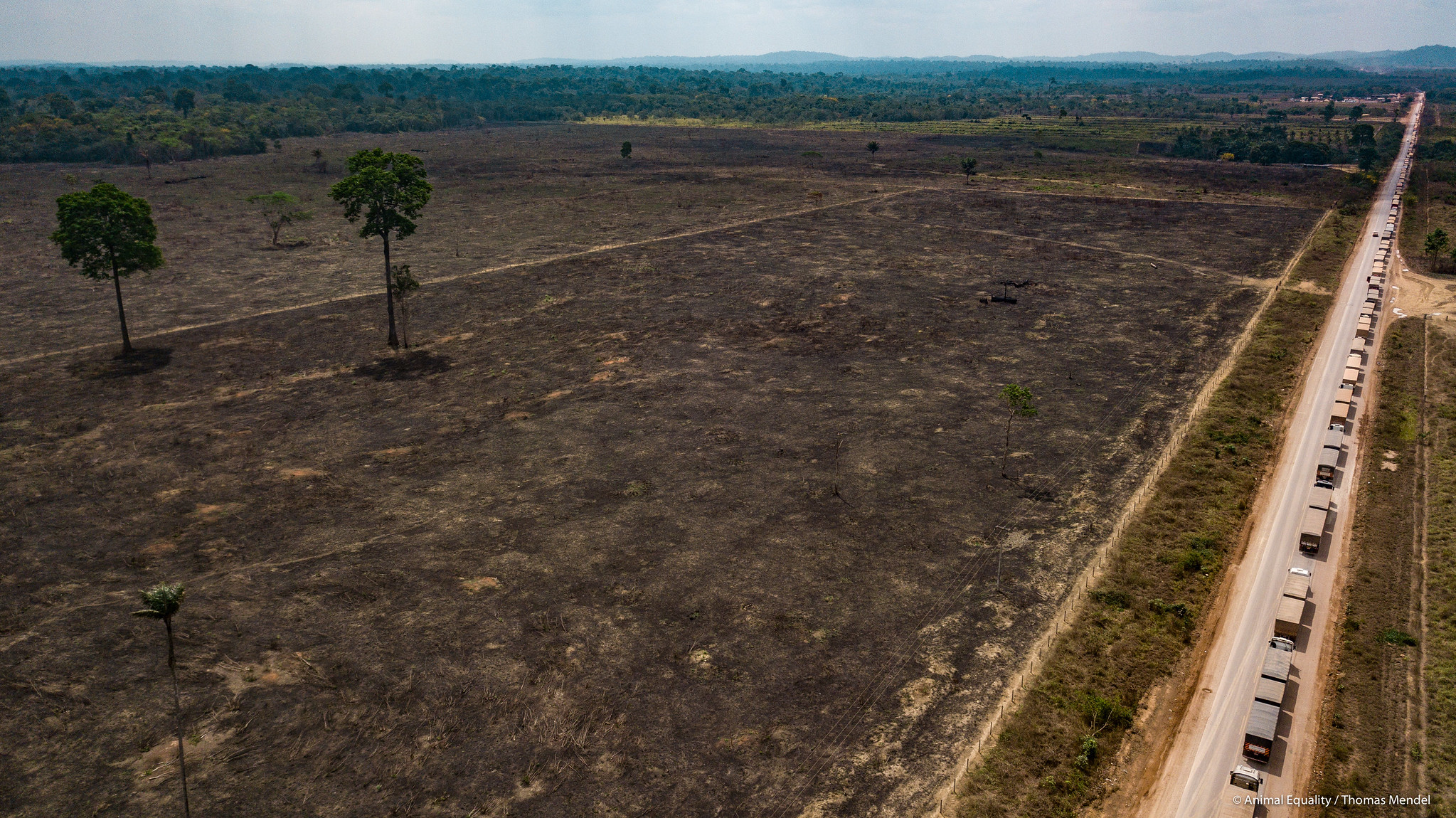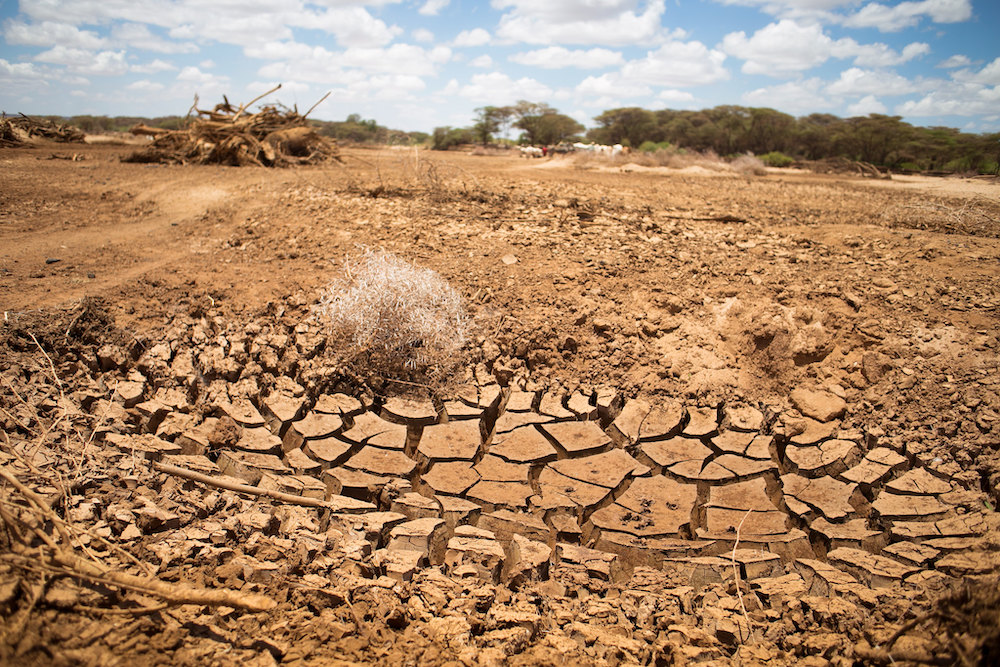As COP27 continues in Sharm el-Sheikh, MSc Development Studies alum Alejandra Padin-Dujon unpacks recent claims made by prime minister Rishi Sunak around the UK’s climate finance commitments.
On Wednesday 9 November, UK PM Rishi Sunak appeared before Parliament to field questions about his showing at COP27. His remarks celebrated UK leadership on climate ambition and provision of funding for vulnerable developing countries. His speech repeated the sweeping finance pledges he had made in Sharm el-Sheikh—and left critical information out.
Principally, the prime minister neglected to mention that his pledges are slices of previously committed funds. On the topic of loss and damage—destructive climate impacts that have not been or cannot be avoided—he failed to note that while ‘the language that is being debated at COP’ around loss and damage may not be ‘the same as reparations’ as a technical matter, it still forms part of an ongoing fight by climate-vulnerable, low-emitting countries to receive funds from historical polluters for the impacts of their misdeeds.
The sticking point in most climate negotiations is finance, and COP27 is no exception. In 2009, developed countries pledged to scale up their total contribution to $100 billion (£85 billion) per year by 2020. While this never happened (OECD figures indicate a 17% shortfall in 2021), the UK committed ambitiously in 2019 to double its five-year climate finance budget from £5.8 billion, to £11.6 billion. Even as the government slashes the official development assistance (read: aid) budget from 0.7% to 0.5% GNI or lower, and even as it double-counts international climate finance as aid, it has maintained—per Mr Sunak’s remarks on Wednesday—that it remains committed to the £11.6 billion goal.
This isn’t new money
The prime minister made noteworthy commitments at COP27 to produce £90 million to protect forests in the Congo basin; to triple funding for climate adaptation in developing countries; and to invest £65.5 million in supporting clean power in Kenya and Egypt. Unfortunately, this is not new money: these commitments are all drawn from the £11.6 billion. In other words, the pledges don’t add to global international climate finance beyond what was promised three years ago—but they do specify how the prime minister will divert funds from humanitarian aid to climate finance, with or without humanitarian aims.
At the ‘African COP,’ Mr Sunak affirmed UK financial support for Kenya’s Grand High Falls Dam, a hydropower initiative. The $3 billion (£2.5 billion) energy project is led by the British firm GBM Engineering—consistent with the PM’s quote during questioning that UK support to help ‘emerging markets transition to a cleaner future’ would do so ‘in a way that supports them, but also supports British companies.’
‘Loss and damage’ finance isn’t gifted—it’s owed
Loss and damage is the most hotly anticipated issue at COP27. For 30 years, the Alliance of Small Island States negotiating bloc and others have pushed for funding support on loss and damage issues like insurance subsidies and post-disaster rebuilding. Parties to the Paris Agreement, like the UK, agreed they should ‘support’ and ‘cooperate’ with affected countries to address losses and damages. However, it wasn’t until COP26 in 2021 that Scotland and the province of Wallonia in Belgium made the first formal loss and damage financing commitments.
Now, many developing countries, with the support of civil society, are pushing for a new ‘loss and damage finance facility’ to create larger and more consistent finance flows. Cost estimates of annual loss and damage by 2030 set the range at $290-580 billion (£250-510 billion), while the grand total of loss and damage commitments made thus far by countries at COP26 and now COP27 amount to less than 0.1% of that. Whether these funds are ‘compensation’ (per the New York Times); ‘liabilities’ (per the Canadian Environment and Climate Change Minister) or simply a way to address global economic injustices that is similar to reparations for slavery (per the celebrated PM of Barbados, Mia Mottley) is a game of semantics. Mr Sunak is misleading to suggest that climate reparations, of one form or another, are not at stake.
The PM’s government has even made a £13 million commitment to a joint Adaptation and Loss and Damage package during COP27, including £5 million toward the Santiago Network on Loss and Damage (an as-yet unrealised technical assistance programme for climate-vulnerable developing countries). Critically, however, this package collapsed distinction between ‘adaptation’ and ‘loss and damage,’ understood by most developing countries to refer to separate phenomena that require separate and additional sources of financing—thereby allowing the UK government to maintain that ‘loss and damage’ finance is discretionary adaptation support, not a financial liability.
The prime minister’s decision not to mention the datedness of his climate finance commitments or the backdrop for the loss and damage negotiations would appear to run counter to the interests of the 58% of UK constituents who believe the UK government has ‘not done enough’ to address climate change since hosting COP26 last year. While Mr Sunak speaks warmly of his government’s climate action, what he did not mention in Parliament about COP27 is just as informative as what he did.
The views expressed in this post are those of the author and do not reflect those of the International Development LSE blog or the London School of Economics and Political Science.
Image Credit: Rishi Sunak at COP27 in Sharm El-Sheikh via gov.uk.





